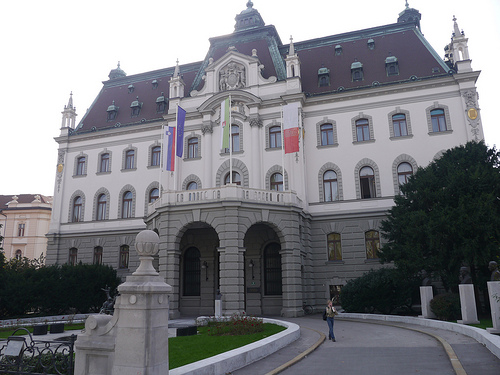Descripción de la tarea

COMPRENSIÓN LECTORA
Lee el texto y contesta las preguntas:
Facts about higher education in the United Kingdom
The Student community has a great multicultural background
· Almost half of students come from a Commonwealth¹ or European Country.
 |
| Imagen de Jay Galvin en FlickR bajo CC |
· 1/3 foreign students in London come from Saudi Arabia or a country in the Middle East.
· One of the main interests of foreign students is to apply technological and business² models in their home countries
Student Misconceptions
· 80% of students in Britain must look for a job to pay for the University Fees. Many undergraduates³ work part time in order to save enough money to pay the rent and earn a living.
Grades for all likes
· The vast majority of College students in Britain (80%) study because they want to get a good job. However, 20% of people who attend University classes only want to improve their knowledge on different facts.
· Did you know that some University buildings in Britain, such as King’s College, appear in numerous films, such as the Harry Potter series.
Vocabulary:
Commonwealth¹: association of countries which belonged to the British Empire
business²: activity intended to make money, such as a shop
undergraduates³: students that haven’t finished their degree yet.
1. Di si las siguientes afirmaciones son VERDADERAS (V) o FALSAS (F). Copia la oración del texto que justifique tu respuesta.
1. The majority of students want to get a good job in the future:
2. 20% of students go to university to improve their knowledge:
3. There aren’t any students from the Middle East in Britain:
4. Students in Britain have a lot of time to party and travel:
2. Contesta las siguientes preguntas usando tus propias palabras:
1. What is the relation between the Harry Potter series and King's College.
2. Why do British students have to work?
GRAMÁTICA Y VOCABULARIO
Contesta a las siguientes preguntas:
3. Encuentra palabras para las siguientes defniciones en el texto.
a) find a synonym for the adjective “big”:
b) find in the text a word that matches the following definition: “a number of similar or related events or things, one following another”:
c) find the opposite of “find” in the text:
4. Escribe tres cosas que un alumno debe hacer, en el instituto o en casa, siguiendo el ejemplo que te damos.
e.g: A student must do his/ her homework every day.
a)
b)
c)
5. Escribe tres cosas que un alumno no debe hacer, siguiendo el ejemplo que te damos.
e.g: A student mustn’t skip any class.
a)
b)
c)
A. When you go abroad:
B. When you have a baby:
C. When you break your foot:
7. Lee las siguientes oraciones. ¿Qué debes (must) o no debes (mustn't)? ¿Qué no tienes que hacer (don't have to)? Escribe tus respuestas siguiendo el ejemplo que te damos.
e.g: Drive on the left in Spain: You mustn’t drive on the left in Spain.
1. Speak English to travel to Mexico:
2. Be quiet in a hospital:
3. Copy in an exam:
4. Have a passport to go to Italy (if you’re Spanish):
5. Smoke at school:
6. Be an expert at cooking to make an omelette:
8. Ofrece una conclusión utilizando must/mustn’t para cada situación, siguiendo el ejemplo:
e.g.: There’s light in Tom’s apartment: He must be at home.
1. There’s smoke in the building:
2. I’m calling her but she doesn’t answer the phone:
3. Jane never misses a class. Today she is not in class:
9. Revisa los contenidos del Tema 4 y explica los siguientes términos con tus propias palabras.
1. fees (noun):
2. part-time (adj):
3. degrees (noun):
4. to brief someone (verb):
5. to borrow (verb):
TOPICS: work, money, party, exams
CONNECTORS: but, and, however.

Realiza esta tarea en la plantilla que te proporcionamos. Pulsa aquí para descargarla.